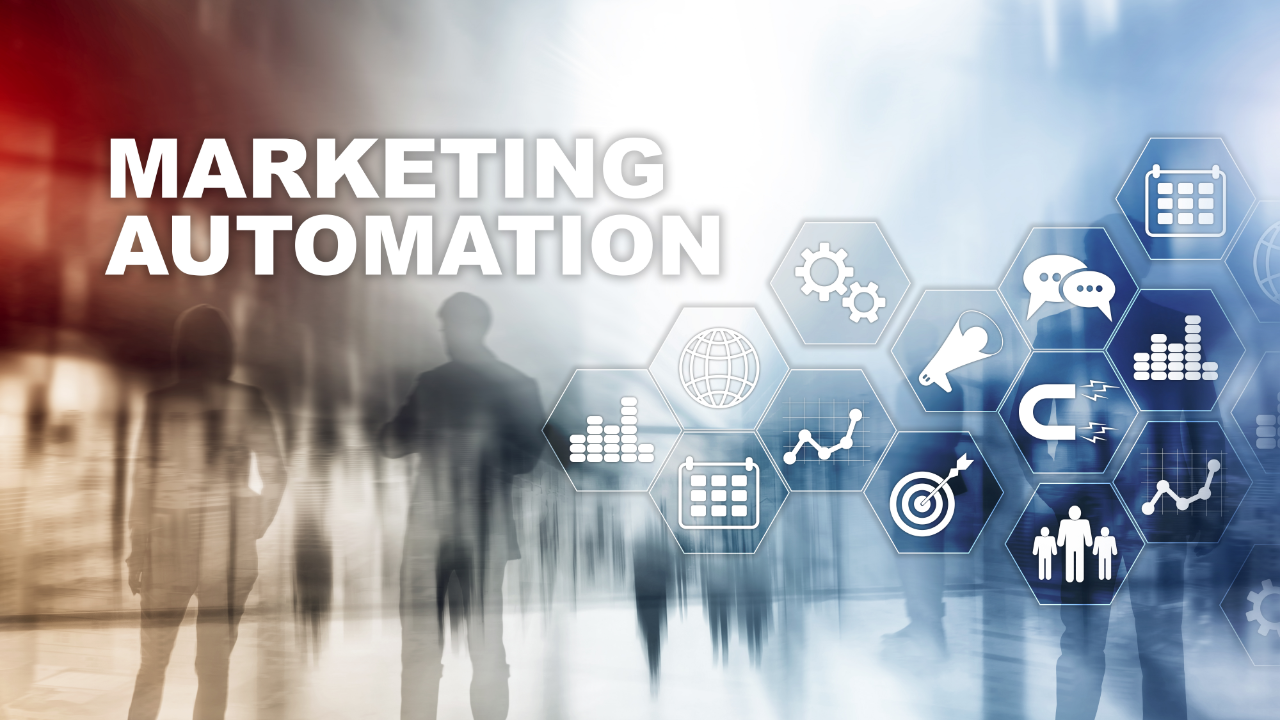Marketing automation systems provide straightforward, user-friendly functionality that makes nurturing leads and converting them to customers easier. They have built-in CRM, form creators, and email scheduling capabilities.
They also help you target specific barriers to conversion with relevant, targeted content. This creates a 2-way relationship with shoppers and helps them feel like your brand knows them.
What is Marketing Automation?
Table of Contents
Marketing automation combines technologies and platforms that help marketers grow and optimize their digital marketing efforts. These tools collect and analyze customer data, design and schedule content, and track performance. They are used by marketers of all sizes, from small businesses to large enterprises.
One of the most important benefits of marketing automation is its ability to increase sales. The right software can help you reach customers with the right message at the right time, driving conversions and improving brand loyalty. Moreover, these tools can help you track and attribute revenue, making reporting on ROI to C-level executives easier.
Another advantage of marketing automation is that it can reduce operating costs by automating repetitive tasks. For example, it can send emails automatically after a form is filled out or alert team members to new lead statuses. This lets you focus more time and energy on high-level work and boost productivity. It also supports personalization, with retargeting and triggered content functionality that allows you to tailor messages based on the specific characteristics of each customer.
Automation is a Process
Marketing automation is a method that employs software to carry out preset marketing tasks and campaigns at predetermined intervals. This saves firms time and money while increasing consumer engagement and marketing ROI.
Successful marketing automation strategies receive input from teams throughout the organization. For example, sales might give marketing feedback on the types of convert leads. Then, marketing can use this information in its lead scoring system. Customer support can also contribute to the strategy by providing feedback on customers’ common problems.
Marketing automation is a great way to connect with new customers and build relationships. It can help you reach your audience regularly with meaningful, personalized emails. In addition, it can increase your engagement rates and boost your revenue. It also enables you to target your audience based on their behavior, location, and purchase history. This allows you to deliver customized content that will increase your trustworthiness and grow loyalty with your audience. It can also boost your conversion rate by targeting the right people at the right time.
Automation is a Tool
Marketing automation platforms offer tools to help marketers implement a more robust omnichannel marketing strategy. They provide features for lead generation, segmentation, campaign management, nurture and lead scoring, relationship marketing, cross-sell and upsell, and retention. They can also integrate with CRM systems to understand customer impact and preferences. This helps marketers improve their ROI by streamlining client communication and reducing duplicate content.
These tools automate and simplify many marketing processes, such as email sending, social media posting, and ad scheduling. They can also deliver personalized messages tailored to each customer’s unique needs. These tools allow marketers to reach more customers and create more engaging campaigns.
A good marketing automation tool should include customer engagement and retention features that support loyalty programs and other initiatives. It should also be easy to use. Marketing automation software should handle time-consuming and repetitive processes, allowing marketers to focus on the big picture. It should also enable teams to quickly shift their content priorities based on customer feedback and analytics data.
Automation is a Strategy
Marketing automation helps marketers save time and focus on the most critical tasks. By automating repetitive tasks, marketing teams can devote more time to strategy and content development. However, it is essential to remember that automation does not replace a defined marketing strategy. A well-planned and executed marketing automation strategy can improve a company’s customer retention rates and boost revenue.
Using marketing automation to nurture leads and customers is essential for any business. It allows marketers to tailor a lead’s journey based on their information about each individual. This is done by creating campaigns that deliver personalized content based on a lead’s activity and interactions with the company. It also makes it easy for marketers to track their results and adjust their automated workflows.
For example, a prospect who visited your website and downloaded a case study can be followed up with automated emails that provide additional information about your product. This can help them decide whether or not to purchase. It also lets you follow up with prospects who have left items in their cart or written in with a customer service question.
Automation is a Method
Marketing automation is a powerful tool that can aid companies in managing their sales and marketing processes. It helps to automate routine marketing tasks and increase personalization. It can be used with various marketing channels, including email, social media, website traffic, and online advertising. In addition to automating tasks, marketing automation tools offer analytics tools to collect and analyze customer data.
For a marketing automation strategy to work, it must be implemented with a strong foundation of quality content. This includes blogs, videos, and eBooks. In addition, thriving marketing automation strategies involve collaboration between teams throughout the organization. For example, sales should communicate to marketing about the type of leads they convert so that those customers can be targeted with relevant content.
Marketing automation also allows you to personalize the marketing experience for your customers by using behavioral and demographic data to identify their interests and provide them with tailored messages and experiences. This will make them feel your company understands them and build trust in your brand. This, in turn, will increase loyalty and retention.

